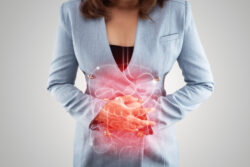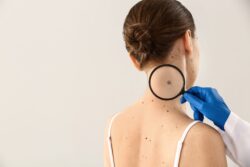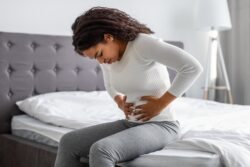What to Eat After Gallbladder Surgery?
If you have issues with your gallbladder, such as the development of gallstones, then Dr. Patrick Moore may recommend taking it out. The gallbladder is an organ you can easily live without, but its removal may require you to make some diet changes.
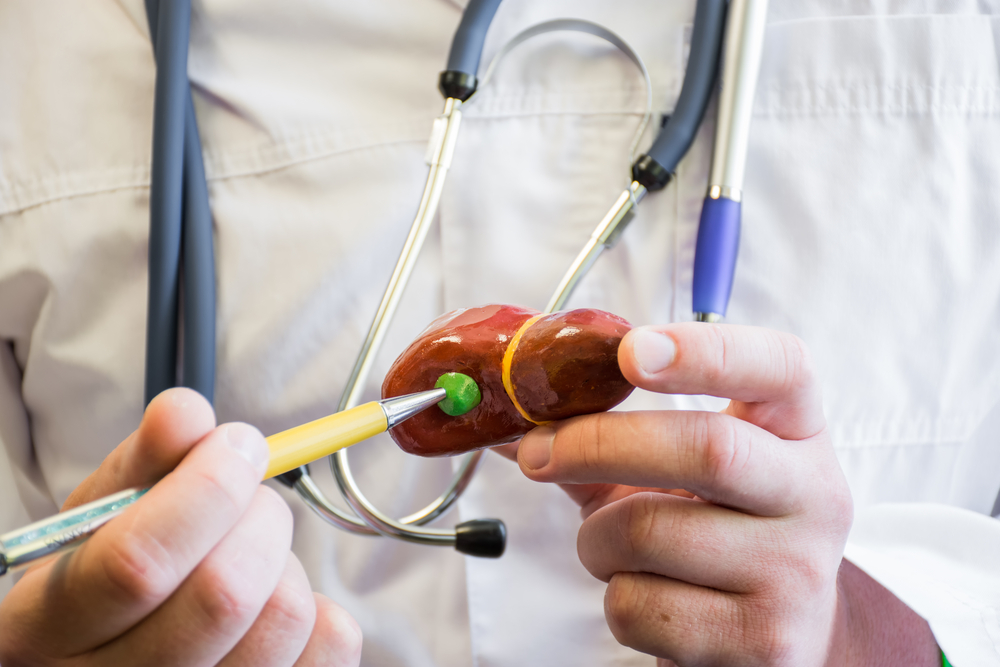
But what will your diet after gallbladder surgery be like? What foods should you eat, and very importantly, what foods should you avoid? In this blog, we will talk about what you can or can’t eat after gallbladder removal surgery.
What Happens to Your Digestion After Gallbladder Surgery?
Your gallbladder is a very small organ that sits right beneath your liver. Its role is to store and secrete bile, a substance that your liver makes to help you digest fatty foods. Whenever you eat, your gallbladder will release the right amount of bile to keep your digestion running.
If you take out your gallbladder, then your liver will still produce the bile. However, instead of being stored in your gallbladder, it will go straight into your small intestine and, sometimes, this might lead to the rise of other digestive issues. So, in order to prevent future complications, you should know what to eat after gallbladder surgery.
Foods to Eat After Gallbladder Surgery
Dr. Patrick Moore recommends you keep a steady diet that
1. Fluids
During your gallbladder surgery recovery time, you can experience a series of side effects, such as diarrhea. This is why you should add plenty of fluids to your diet. Make sure to drink enough water and broth, maybe even some sports drinks and avoid alcohol for at least two days.
2. Low-Fat Foods
After the surgery, your body will have a difficult time processing fat, at least until it adjusts to the new status. This is why you should avoid high-fat foods, not passing 30 percent of your daily calorie intake. In this case, low-fat or fat-free dairy products and vegetables are your best friends.
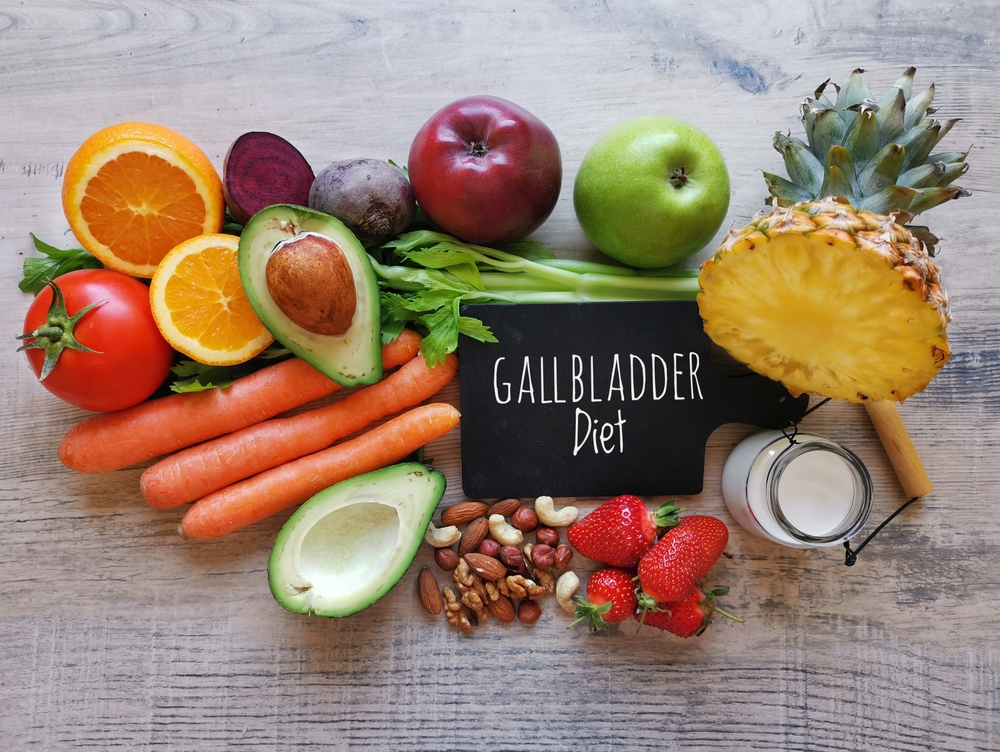
3. High-Fiber Food
After gallbladder surgery, you may have a difficult time normalizing your bowel movements. This is why you should eat high-fiber foods and legumes such as beans, tofu, oatmeal, chickpeas, pears, and prunes just to name a few. Make sure to increase the fiber intake gradually – otherwise, it can lead to bloating
Pro Tip: After the gallbladder removal surgery, you can start keeping a food journal to see the foods that you can easily handle along with the ones you have difficulties with. This way, you can avoid problematic foods until your body adjusts to the new diet.
Foods to Avoid After Gallbladder Surgery
After gallbladder surgery, there are several types of food that Dr. Patrick Moore recommends you stay away from. Bile acid can act as a laxative, so the wrong foods can send you into episodes of diarrhea. Here is what you should steer clear of:
- Fried foods, such as potato chips or French fries
- High-fat dairy products
- Meats with a high-fat content
- Pizza
- Sauces or creamy soups
- Foods made with butter or lard
- Turkey or chicken skin
- Chocolate
- Meat gravy
- Oils such as coconut or palm oil
Generally, the lower the fat content, the better. You should be able to return to a normal diet within a month or two after the surgery, but it’s always best to hang onto healthy eating habits afterward.
The Bottom Line
Removing your gallbladder is not such a complicated procedure, but you have to make a couple of adjustments to avoid any digestive issues in the long run. Also, keep an eye out for signs of complications after gallbladder surgery, and don’t forget to set up post-op appointments with Dr. Patrick Moore!
For more information about gallbladder surgery, you can contact Dr. Patrick Moore, MD, at 951-477-5700. He will offer you all the information you need to have a smooth recovery. Also, check out our contact page if you have any other questions!

